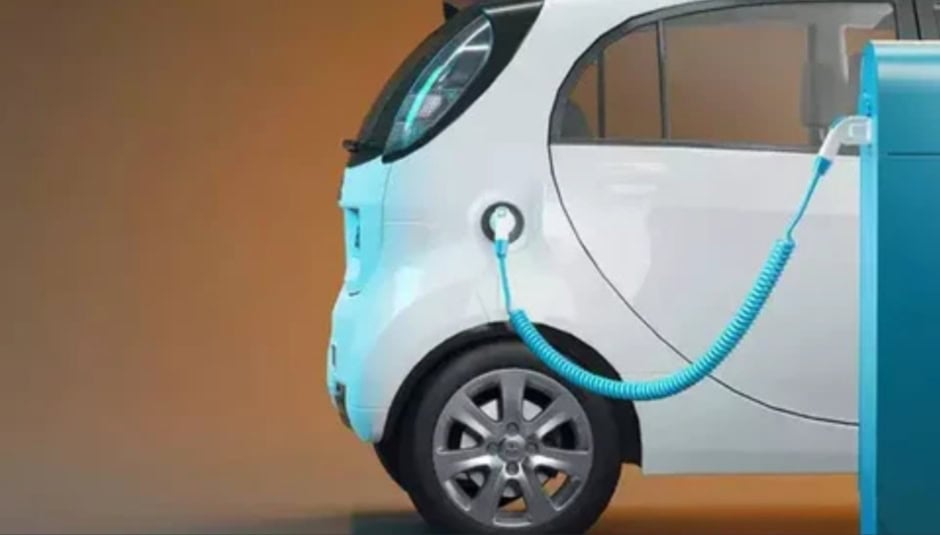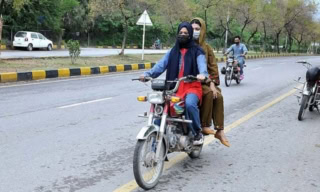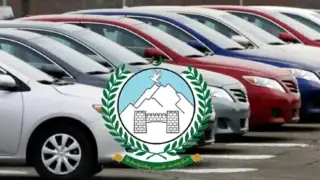ISLAMABAD: In a strategic move to accelerate electric vehicle investment in Pakistan, the Ministry of Industries & Production has signed a cooperation agreement with the International Finance Corporation (IFC). The agreement aims to boost the adoption of electric two- and three-wheelers (e-2/3Ws) and promote sustainable transportation solutions nationwide.
This advisory project will support critical reforms in policy, regulation, and safety standards to create an enabling environment for investment across the e-2/3Ws value chain. The initiative is expected to address market gaps and remove regulatory and legal barriers hindering growth in Pakistan’s electric mobility sector.
Under the agreement, IFC will provide technical implementation support and work closely with key regulatory bodies—including the Engineering Development Board (EDB), the National Energy Efficiency and Conservation Authority (NEECA), and the Pakistan Standards and Quality Control Authority (PSQCA). These efforts aim to build institutional capacity and streamline the development of the e-2/3Ws market in Pakistan.
The signing ceremony was attended by senior government officials, industry stakeholders, and international development partners.
“A conducive policy and regulatory framework will encourage local manufacturing and enable the uptake of electric two- and three-wheeler vehicles,” said Mr. Haroon Akhtar Khan, Special Assistant to the Prime Minister for Industries and Production. “Without improving this framework, national targets for electric vehicle adoption are unlikely to be achieved.”
Mr. Khan highlighted the urgency for coordinated action to drive EV adoption in Pakistan. He emphasized that priority should be given to electric two- and three-wheelers and electric buses, considering their socio-economic impact. Key strategies include improving policy clarity, reducing capital costs through localized production and aggregated procurement, and unlocking affordable financing via risk-sharing instruments.
“We are thrilled to collaborate with IFC to fast-track the transition to electric two- and three-wheelers in Pakistan,” said Mr. Saif Anjum, Secretary of the Ministry of Industries & Production. “With over 23 million two- and three-wheelers on the road, making transportation sustainable will require scaling up public and private investment in low-emission technologies. This project will help unlock that investment potential.”
“Electric vehicles make up less than one percent of Pakistan’s transport fleet,” noted Zeeshan Sheikh, IFC’s Country Manager for Pakistan & Afghanistan. “IFC is committed to supporting cleaner transport solutions that reduce dependence on imported fuels and improve air quality in urban areas. This initiative aligns with the World Bank Group’s 10-year Country Partnership Framework for Pakistan.”
This initiative is part of a joint IFC-World Bank e-mobility project and supports the implementation of the National Electric Vehicle Policy (NEVP) 2019. The goal is to develop robust regulatory and safety standards and promote e-2/3W manufacturing, aiming for 30% of vehicles to be electric by 2030. The project is funded by the CIFPAK facility—a climate-focused blended finance program managed by IFC in collaboration with the UK Foreign, Commonwealth & Development Office.

 3 min read
3 min read


















